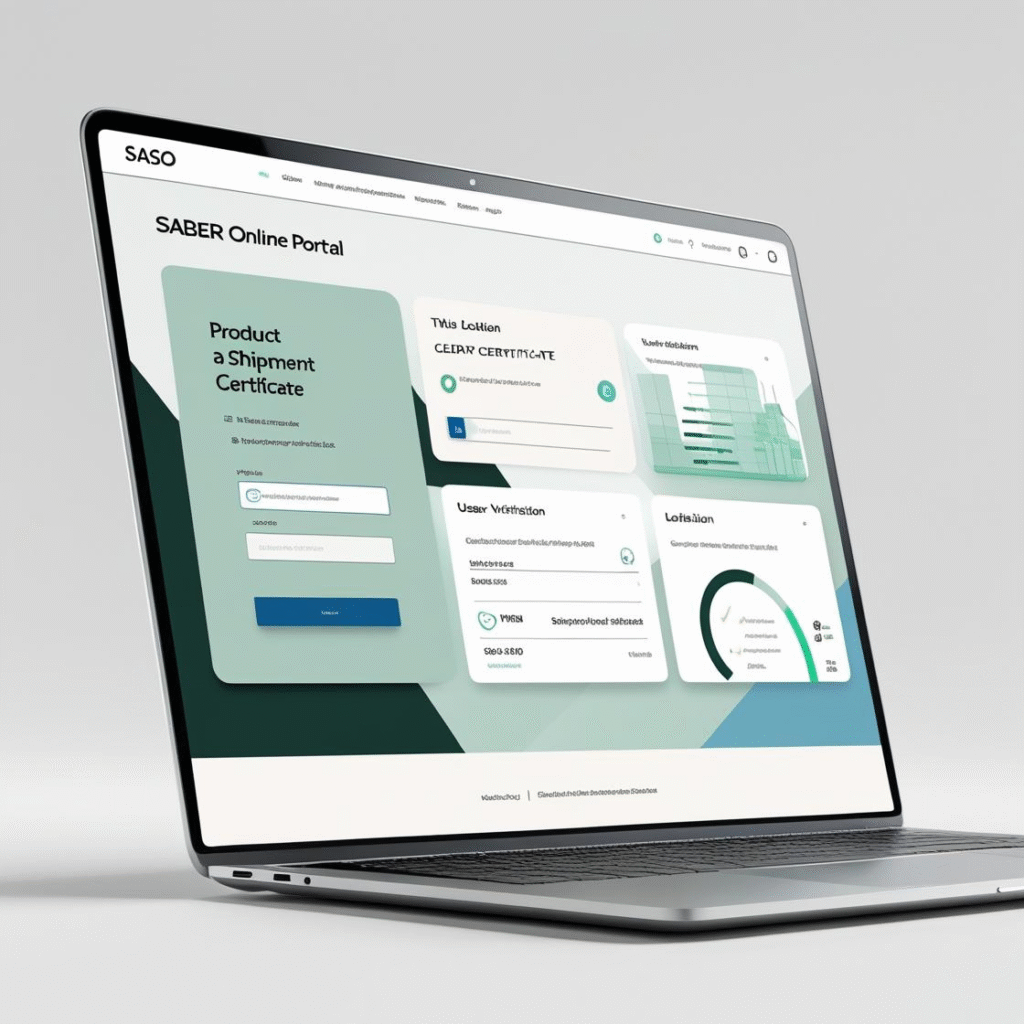For small and medium enterprises (SMEs) in Saudi Arabia or those exporting to the Kingdom, navigating compliance regulations is both crucial and complex. One such mandatory compliance measure is the SABER certificate, a digital conformity assessment system required for regulated products entering the Saudi market. But for SMEs already juggling tight budgets, limited manpower, and tough market competition, a critical question arises: Is the SABER certificate really worth the cost?
Let’s dive deep into what the SABER certificate offers, how much it typically costs, and whether its value justifies the financial and operational investment for SMEs.
Understanding the SABER Certificate
SABER is an online platform developed by Saudi Arabia’s Standards, Metrology and Quality Organization (SASO). It’s designed to streamline product registration, reduce bureaucracy, and ensure compliance with Saudi standards.
The SABER certificate applies to both imported and locally manufactured products. It verifies that the product conforms to safety and quality regulations set by SASO, and it is mandatory for all items categorized as “regulated” in the Kingdom.
In general, two types of certifications are issued through SABER:
-
Product Certificate of Conformity (PCoC): Valid for one year per product.
-
Shipment Certificate of Conformity (SCoC): Required for each shipment, regardless of frequency.
How Much Does It Cost SMEs?
The cost of SABER certification can vary depending on several factors including:
-
Product category
-
Number of products being certified
-
The conformity assessment body (CAB) selected
-
Risk classification (low, medium, high)
While the exact cost structure is not fixed, here’s a general idea of what SMEs can expect:
| Certification Type | Approximate Cost (SAR) |
|---|---|
| Product CoC (per product) | 500 – 1,000 |
| Shipment CoC (per shipment) | 300 – 600 |
| Assessment body fee | Varies (additional) |
For an SME importing five product types in small quantities each month, the annual costs could range from SAR 7,000 to SAR 15,000 or more depending on volume and frequency.
The True Value Behind the SABER Certificate
While the upfront costs may seem significant for smaller firms, the value behind SABER goes far beyond mere compliance.
1. Market Access
The most direct value of the SABER certificate is access. Without it, products cannot be legally imported or sold in Saudi Arabia. For SMEs looking to expand or maintain their presence in the KSA market, SABER is a non-negotiable.
2. Product Credibility and Consumer Trust
The SABER system ensures that all certified products meet stringent safety and performance criteria. This increases consumer confidence and reduces the likelihood of product recalls, penalties, or reputational damage.
3. Competitive Edge
Many international suppliers and partners now prefer dealing with SABER-certified businesses, seeing them as more reliable and professional. For SMEs, this certification acts as a competitive differentiator, especially when bidding for government or high-volume contracts.
4. Streamlined Processes
Despite its initial learning curve, the SABER portal digitizes what used to be a very paper-heavy and bureaucratic process. Once SMEs get used to the system, managing product certification becomes more efficient over time.
Challenges SMEs Might Face
While SABER certification has clear benefits, it does pose certain challenges for SMEs:
-
Financial Strain: Certification fees can be burdensome for micro and small businesses with limited capital.
-
Administrative Burden: The documentation and coordination required for multiple product lines can strain lean teams.
-
Frequent Updates: Regulatory changes and new product classifications can add ongoing costs and confusion.
Is It Worth It for SMEs? The Final Verdict
In most cases, yes — the SABER certificate is worth the cost for SMEs that plan to operate or grow in the Saudi market. The certification ensures regulatory compliance, provides access to the Kingdom’s rapidly growing consumer base, and opens doors to reputable supply chain partnerships.
However, SMEs must strategically manage their compliance process. This includes:
-
Batching certifications to reduce cost per product
-
Choosing the right CAB for competitive pricing
-
Leveraging local consultants or agents to handle paperwork efficiently
For many SMEs, outsourcing the SABER process or using a dedicated customs clearance agent may be a smart move to cut down on internal labor costs and ensure accuracy.
Where to Learn More?
To dive deeper into SABER system requirements, fee structures, and product-specific guidelines, check the official SASO portal or consult a trusted certification consultant. You can also refer to this SABER certificate page to begin your compliance journey or validate your existing products.







